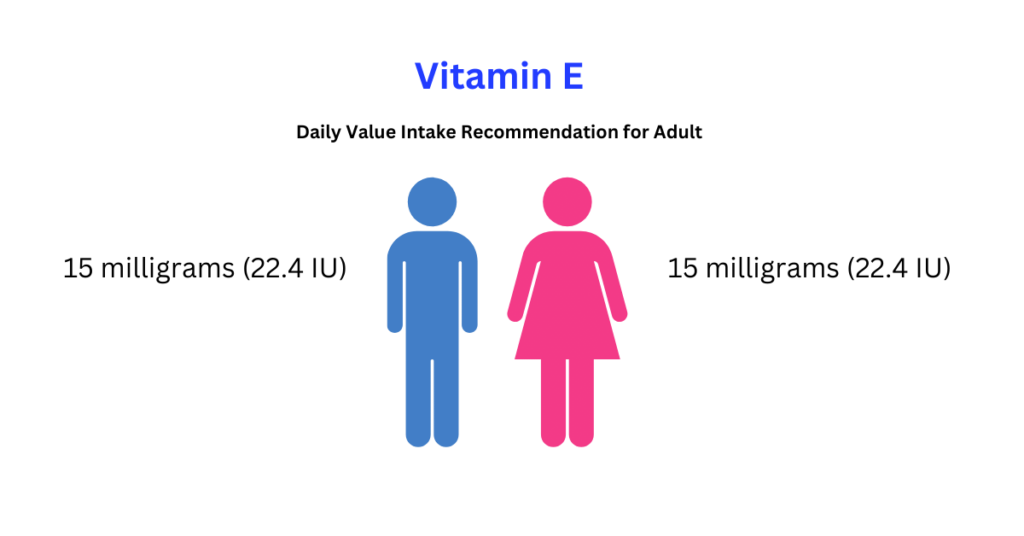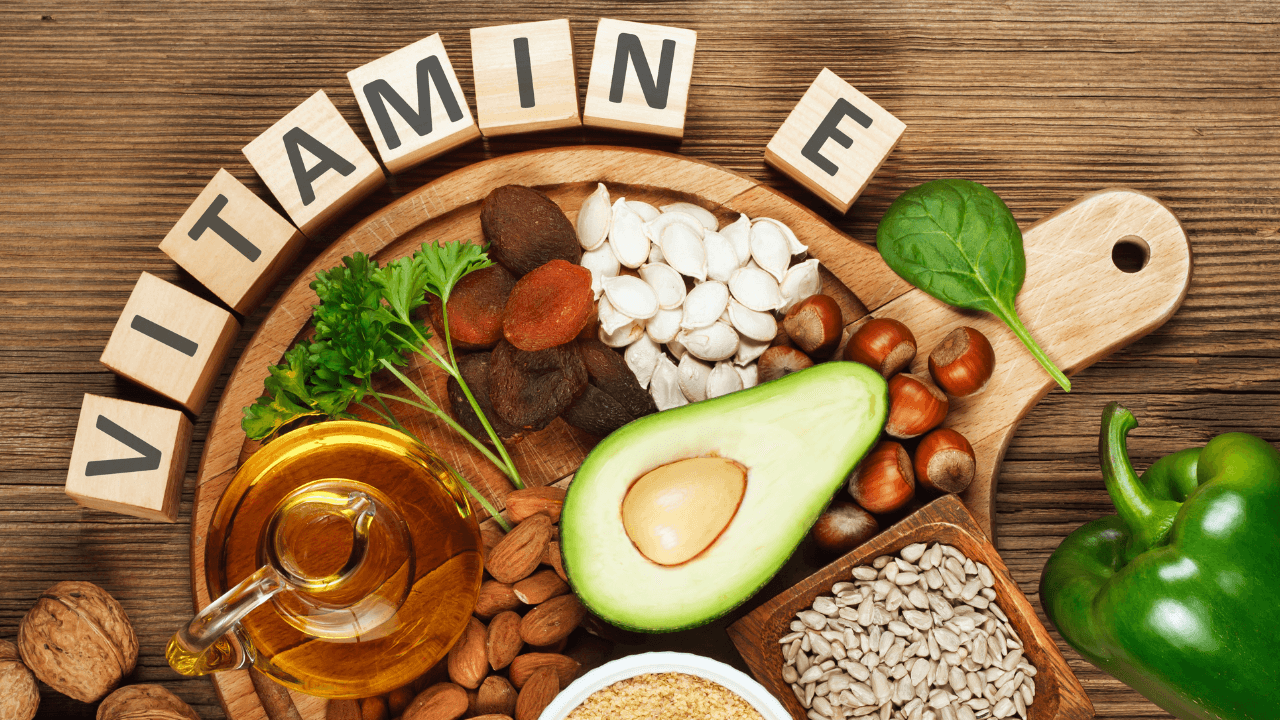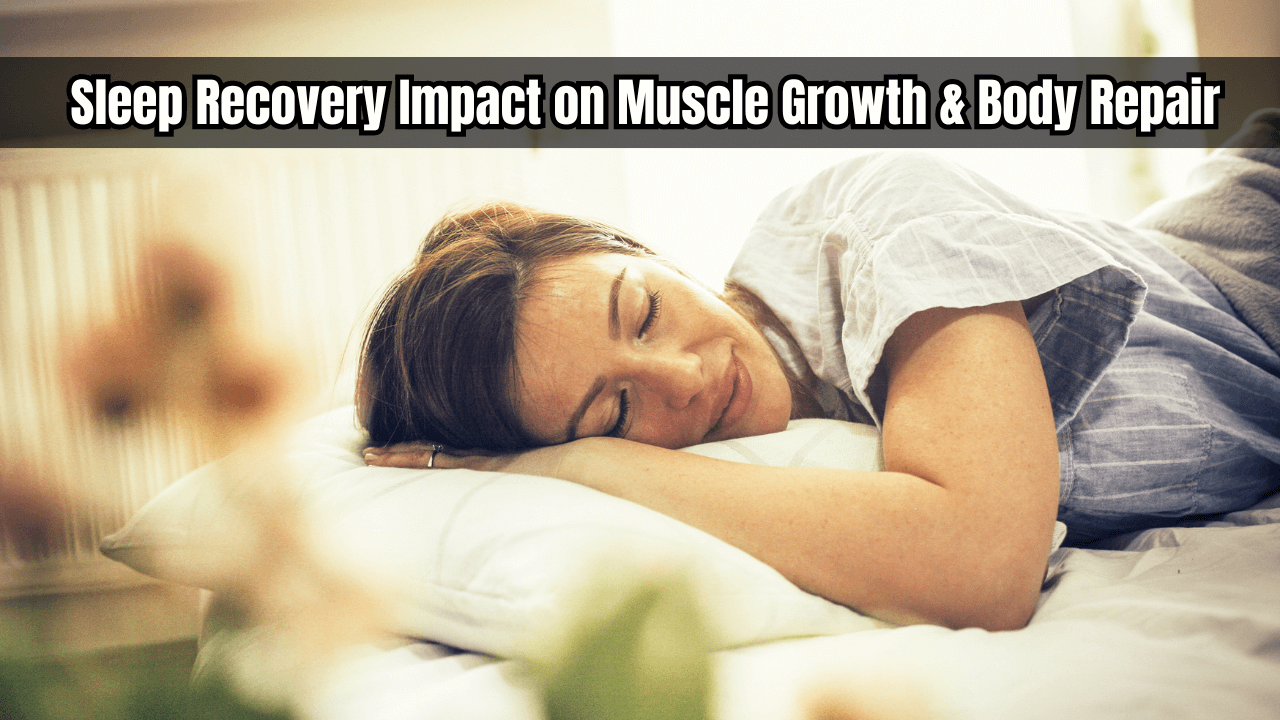Dive into the nourishing world of Vitamin E, a key player in the antioxidant realm that shields our cells from damage. This guide illuminates the benefits of vitamin E, highlights natural sources, and discusses the role of vitamin E capsules. Whether you’re looking to enrich your diet with vitamin E foods or consider supplements, understanding this essential nutrient’s significance is crucial for maintaining overall health.

The Antioxidant Power of Vitamin E
Vitamin E, known for its potent antioxidant properties, is essential in protecting cells from oxidative stress and free radicals. Regular consumption of vitamin E-rich foods or supplements ensures adequate protection and numerous health benefits.
Rich Dietary Sources of Vitamin E
Vitamin E is abundantly found in a variety of foods, especially in nuts and seeds. Here are the top 10 sources:
- Sunflower seeds (1 ounce): Approximately 7.4 milligrams (11 IU)
- Almonds (1 ounce): Approximately 7.3 milligrams (11 IU)
- Hazelnuts (1 ounce): Approximately 4.3 milligrams (6.4 IU)
- Spinach (1/2 cup, cooked): Approximately 1.9 milligrams (2.8 IU)
- Avocado (1 medium): Approximately 2.1 milligrams (3.1 IU)
- Mango (1 medium): Approximately 1.1 milligrams (1.6 IU)
- Rainbow trout (3 ounces, cooked): Approximately 2.1 milligrams (3.1 IU)
- Olive oil (1 tablespoon): Approximately 1.9 milligrams (2.8 IU)
- Kiwi (1 medium): Approximately 1.1 milligrams (1.6 IU)
- Broccoli (1/2 cup, cooked): Approximately 1.2 milligrams (1.8 IU)
Incorporating these vitamin E foods into your diet can significantly boost your intake.
Addressing Vitamin E Deficiency and Supplementation
Vitamin E deficiency, though uncommon, can occur in certain health conditions that affect fat absorption, such as Crohn’s disease, cystic fibrosis, and cholestatic liver diseases (those related with bile production and release). Individuals with these conditions may not adequately absorb vitamin E from their diet. Symptoms of deficiency can include peripheral neuropathy, muscle weakness, and impaired immune function.
To address this, healthcare providers may recommend vitamin E capsules as a supplement. The idea is to provide a concentrated dose of the vitamin that can be more easily absorbed by the body. This supplementation should be closely monitored, especially since high doses of vitamin E can have adverse effects, including an increased risk of bleeding and stroke. , as noted in studies like the one published in JAMA (Journal of the American Medical Association) [“Vitamin E in the Primary Prevention of Cardiovascular Disease and Cancer: The Women’s Health Study: a Randomized Controlled Trial” – JAMA, 2005].
Additionally, individuals with vitamin E deficiency due to dietary restrictions, such as those on low-fat diets, might also benefit from supplements. However, the first approach is usually to improve the diet by including vitamin E-rich foods like nuts, seeds, and green leafy vegetables.
Optimizing Vitamin E Absorption
The absorption of vitamin E is heavily influenced by the intake of dietary fats, as it is a fat-soluble vitamin. Studies have shown that the presence of fat in the digestive tract can significantly enhance the body’s ability to absorb vitamin E. This is particularly important for individuals who consume low-fat diets or have conditions that affect fat digestion.
To optimize vitamin E absorption, it is recommended to pair vitamin E foods with healthy fats. For example, drizzling olive oil over spinach or having avocado with sunflower seeds can be effective strategies. This combination not only enhances the absorption but also ensures a balanced intake of nutrients.
Maintaining good gastrointestinal health is also crucial for vitamin E absorption. Individuals with gastrointestinal disorders that affect the digestion and absorption of fats might require medical interventions to improve vitamin E absorption.
Vitamin E deficiency is rare, it can be addressed effectively through diet and supplements under professional guidance. For optimal absorption, combining vitamin E intake with dietary fats is essential. These practices ensure that you reap the full benefits of vitamin E for your overall health and well-being.
Benefits OF Vitamin E
Vitamin E, a fat-soluble nutrient, offers a multitude of health benefits due to its powerful antioxidant properties. Here are some of the key benefits:
1) Antioxidant Support:
Vitamin E is renowned for its antioxidant abilities. It helps protect cells from damage caused by free radicals, molecules that can lead to cell damage and contribute to the development of cardiovascular disease and cancer.
2) Skin Health:
Vitamin E plays a significant role in skin health. It helps maintain skin integrity and appearance, protecting it from damage caused by UV rays and environmental pollutants. This property also makes it a common ingredient in skincare products for its anti-aging effects.
3) Immune Function Enhancement:
This vitamin is essential for a strong immune system. It aids in the body’s immune response, helping to fend off bacteria and viruses.
4) Eye Health Preservation:
Consuming adequate vitamin E can help reduce the risk of age-related macular degeneration, a common cause of blindness in older adults.
5) Cell Function Regulation:
It plays a role in cell signaling, a vital cellular function, and gene expression.
6) Reduction of Inflammation:
Vitamin E can contribute to reduced inflammation in the body, potentially lowering the risk of chronic diseases.
7) Cognitive Health:
Some studies suggest that vitamin E may help prevent or slow the progression of cognitive decline, particularly in older adults.
8) Hair Health:
Its antioxidant properties can also benefit hair health by reducing oxidative stress in the scalp, which is often a cause of hair loss.
9) Muscle Repair:
Being an antioxidant, it assists in the recovery and regeneration of cells, including muscle cells, which can be beneficial after exercise.
It’s important to note that while vitamin E supplements can provide benefits, particularly for those with a diagnosed deficiency, getting vitamin E from natural food sources is generally preferred for overall health. High doses of vitamin E supplements can pose health risks and should be taken under medical supervision.
You might be interested to read: Unlock the Benefits of Vitamin B1 (Thiamine): Essential Sources and Health Insights
Conclusion
Vitamin E plays a pivotal role in our health, from acting as a powerful antioxidant to supporting immune function and skin health. By understanding the benefits of vitamin E and incorporating it through natural vitamin E sources or vitamin E capsules, you can take a significant step towards a healthier, more vibrant life.






